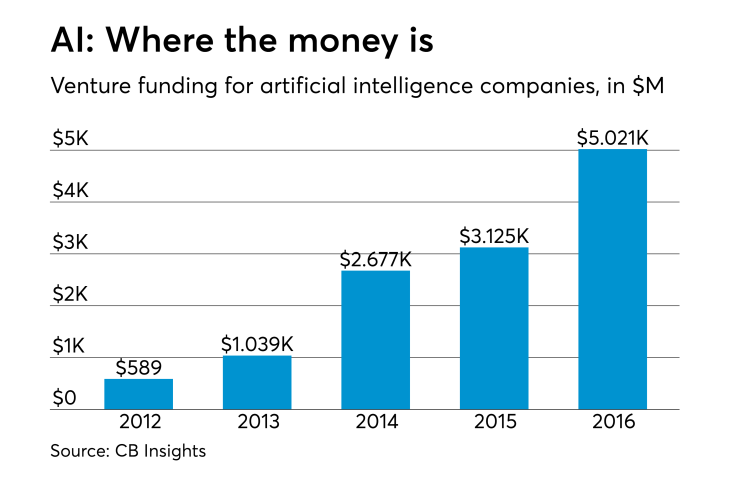Nearly 70 percent of taxpayers in 12 countries would like to see artificial intelligence improve the accuracy of tax filings.
The findings from a recent Accenture survey also showed that 40 percent of taxpayers made a filing error in the last two years.
Responses to the survey suggest that as technology is globalized and more people expect ease at their fingertips, tax rules and regulations still confuse taxpayers. Thirty-eight percent of respondents said they are not confident they pay the right amount of tax, and 44 percent said they feel their tax knowledge could be improved. While most respondents said they have limited contact with their revenue authorities after filing a tax form, half reported contacting their revenue authority once or twice in the past year, with 20 percent reporting three or more contacts. The majority of contacts were to resolve taxpayer errors in completing the form or reconciling payments due.

Despite the non-ideal tax rules, taxpayers in all 12 countries seem satisfied with their revenue authorities, with 62 percent of respondents and 73 percent of younger filers reporting a positive attitude.
The more than two-thirds of respondents who said they would welcome AI said that, if offered, they would use a “digital tax assistant” — a virtual assistant running in the background on a device that could address any tax question with conversational language and could, over time, become more intelligent and personal about each taxpayer’s personal and professional tax situation.
Fifty-three percent of respondents said they would be more likely to use the digital tax assistant if it automated forms with basic taxpayer information, reduced or eliminated errors (55 percent), made the process of tax filing more convenient (55 percent), and decreased the amount of time to receive a refund (67 percent).
Seven in ten taxpayers (69 percent) said they want their tax authority to provide them with more personalized services in the future; An AI-based digital tax assistant could be instrumental in such an effort. Respondents cited interest in website content relevant and specific to the taxpayer (cited by 73 percent of respondents); a personalized opt-in service that verifies final tax return with the taxpayer before issuing a refund (69 percent); and better awareness by the tax authority’s customer service regarding personal tax situations and past transactions, enabling them to provide more tailored advice (66 percent).
“With artificial intelligence starting to permeate nearly every aspect of our daily life, from digital voice assistants to smart home devices, revenue agencies also are looking to its potential in their own operations,” said David Regan, who leads Accenture’s global work with revenue agencies and tax authorities, in a statement. “It won’t be long before citizens will be able to talk to tax-expert automated bots to understand and pay their taxes.”
“Advances in artificial intelligence, particularly natural language processing, are creating the ability to support rich voice conversations between people and technology,” Regan added. “The implications for AI also extend to processes like audits, risk and compliance management and the accuracy of prompts to taxpayers. AI will radically alter traditional approaches to communication and information processing.”
For the survey, the




